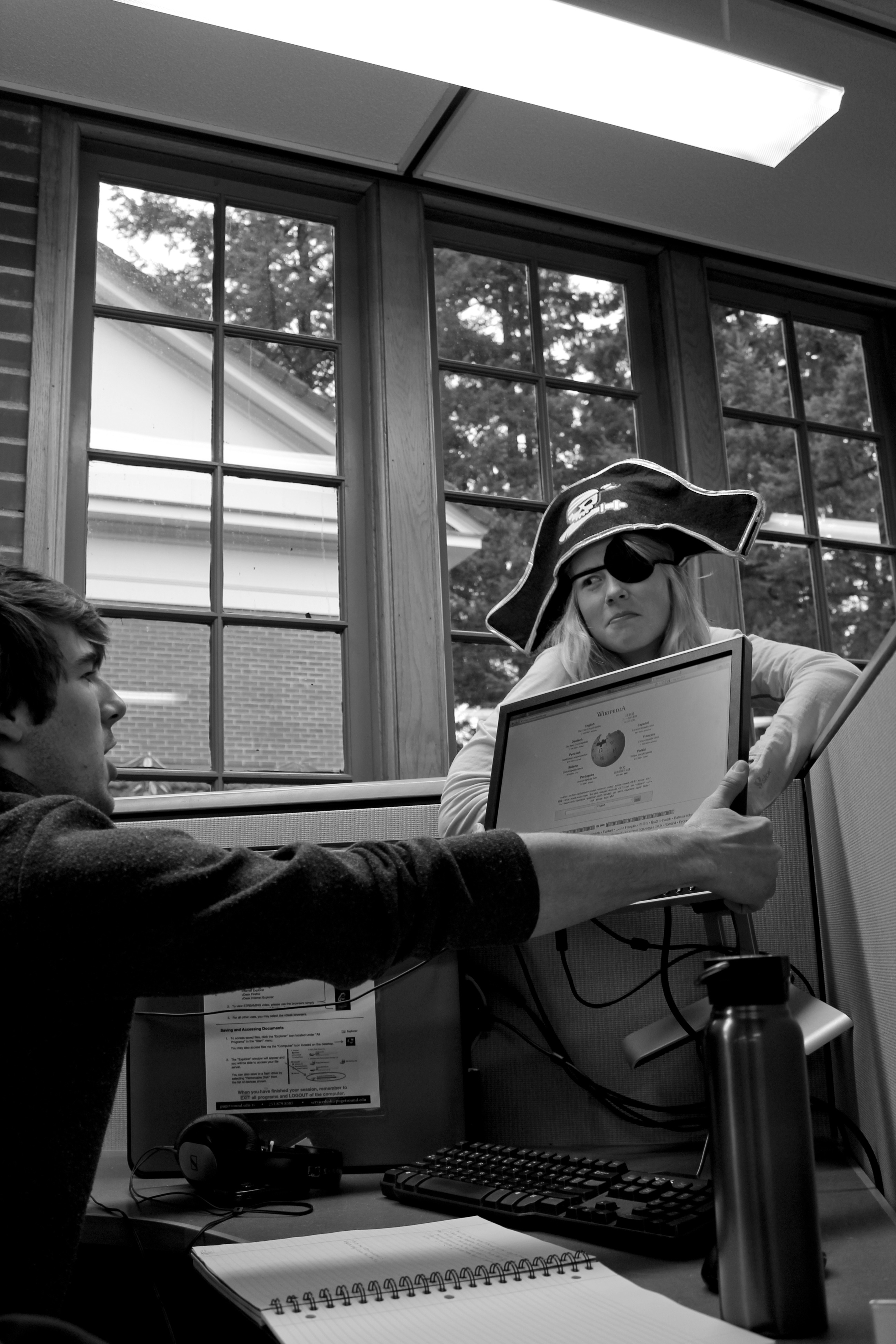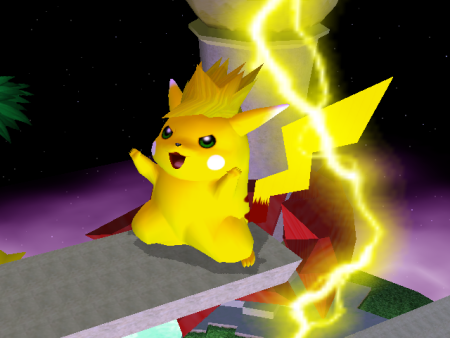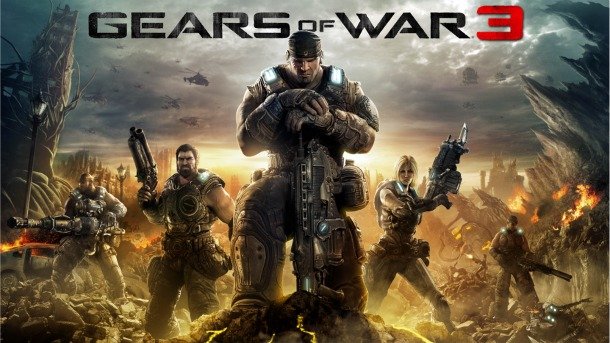
On Wednesday, Jan. 18, internet heavyweights Wikipedia, Reddit and Google joined a wide-ranging protest of the Protect IP Act (PIPA) and the Stop Online Piracy Act (SOPA), two bills seen by their opponents as serious threats to the open internet.
The call to action was an unprecedented success, inspiring millions of citizens to voice their dissent online: Google reported over seven million signatures just 24 hours after their petition’s release.
But one group in particular—the gaming community—has more to lose than a day on Wikipedia and is fighting hard, now as before the blackouts, to defend the democratic forums upon which it depends, in large part, to survive.
“Our ability to create online games… depends on a free and open internet,” Mark Kern, co-creator of World of Warcraft, founder of Red 5 Studios and one of the many industry voices raised against the bills, stated in an Extra Credits video released on Penny Arcade TV.
Kern and his fellows are troubled by the broad language of bills whose ambiguity could lead to the blacklisting of entire domains, should their owners fail to police all content for copyright material. For sites that rely on user-submitted content—gaming forums or YouTube, for example—such policing would be impossible, and the punishment for failure would be too immense for all but the most deeply entrenched institutions to bear.
This approach would put gamers in a particularly thorny position. The bills could target websites that showcase live streaming of competitive games like League of Legends and Starcraft 2, or the discussion forums that temper development with player feedback—not to mention unaffiliated websites widely used for sharing and creating independent, game-related content, sites like YouTube, Reddit, DeviantArt and others.
Many game developers have come out against SOPA and PIPA, from smaller companies like Frozenbyte and Mojang to industry mammoths Nintendo and Sony.
But most are members of the Entertainment Software Association, the US video game trade association and host of trade fair E3. Contrary to the members it represents, the ESA supported the two bills (paying as much as $190 thousand to lobby for them, Kotaku reported) and waited until after the two bills had already been shelved to retract their endorsement.
Indeed, following the enormous rally of public opposition on the 18th, SOPA and PIPA were shelved indefinitely as congressional support shifted from 81 for and 30 against to 65 for and 101 against.
Across the Atlantic, however, the Anti-Counterfeiting Trade Agreement (ACTA, referred to alternatively as “SOPA Light” and “SOPA’s Big Brother”) was, despite online and offline protests, signed by 22 EU member states last Thursday and by the US last fall.
The treaty was drafted behind closed doors in 2007. The process was and continues to be so clandestine as to drive one of its own, ACTA rapporteur Kader Arif, to resign last week.
“I want to send a strong signal and alert the public opinion about this unacceptable situation,” Arif stated. “This agreement might have major consequences on citizens’ lives, and still, everything is being done to prevent the European Parliament from having its say in this matter.”
The threat posed by such legislation, to free speech generally and the gaming community specifically, remains very real. ACTA aside, commentators agree that the lobbyists who sponsored SOPA and PIPA (the Motion Picture Association of America and Recording Industry of America) are likely to reintroduce similar legislation in the US.
But these game developers, commentators and fans are not about to stop fighting now—PC gaming website Rock Paper Shotgun, as one example, is still working to stir up opposition to ACTA before its official ratification by the EU parliament in June.
“The secrecy and anti-democratic nature of its existence is very worrying,” RPS writer John Walker said of the treaty. Walker went on to argue that ACTA, more than just overpowered and dangerously vague, seeks to defend “businesses that were built around the impossibility of what is now possible.”
Petitions to prevent the ratifications can be found at accessnow.org, avaaz.org, whitehouse.gov/petitions and elsewhere.



